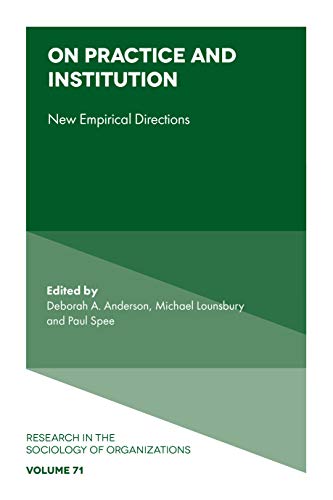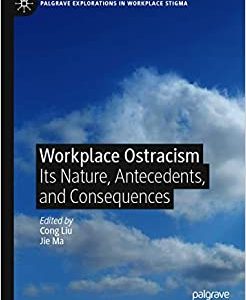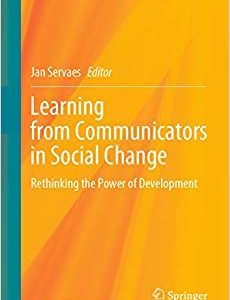As complex, intractable social problems continue to intensify, organizations respond with novel approaches that bridge multiple institutional spheres and combine forms, identities, and logics that would conventionally not go together, creating hybridity.
Scholarly research on this phenomenon has expanded in tandem, drawing on varied theoretical lenses and exploring a widening array of empirical contexts.This edited volume takes stock of recent developments in the literature and sets a foundation for the next generation of research on organizational hybridity. It offers a multi-level, dynamic approach for capturing and explaining heterogeneity in how hybridity manifests and evolves within organizations and fields over time. The chapters included in the volume cover institutional logics, organizational identity, social categories, and paradox approaches to hybridity, and they examine settings ranging from social enterprise, microfinance, and impact investing to business sustainability, health care, and government.
Taken as a whole, the volume provides both inspiration and analytical tools for developing timely and relevant insights to address pressing societal challenges. It is essential reading for organizational scholars, as well as leaders in business, non-profit, and public sector organizations.











